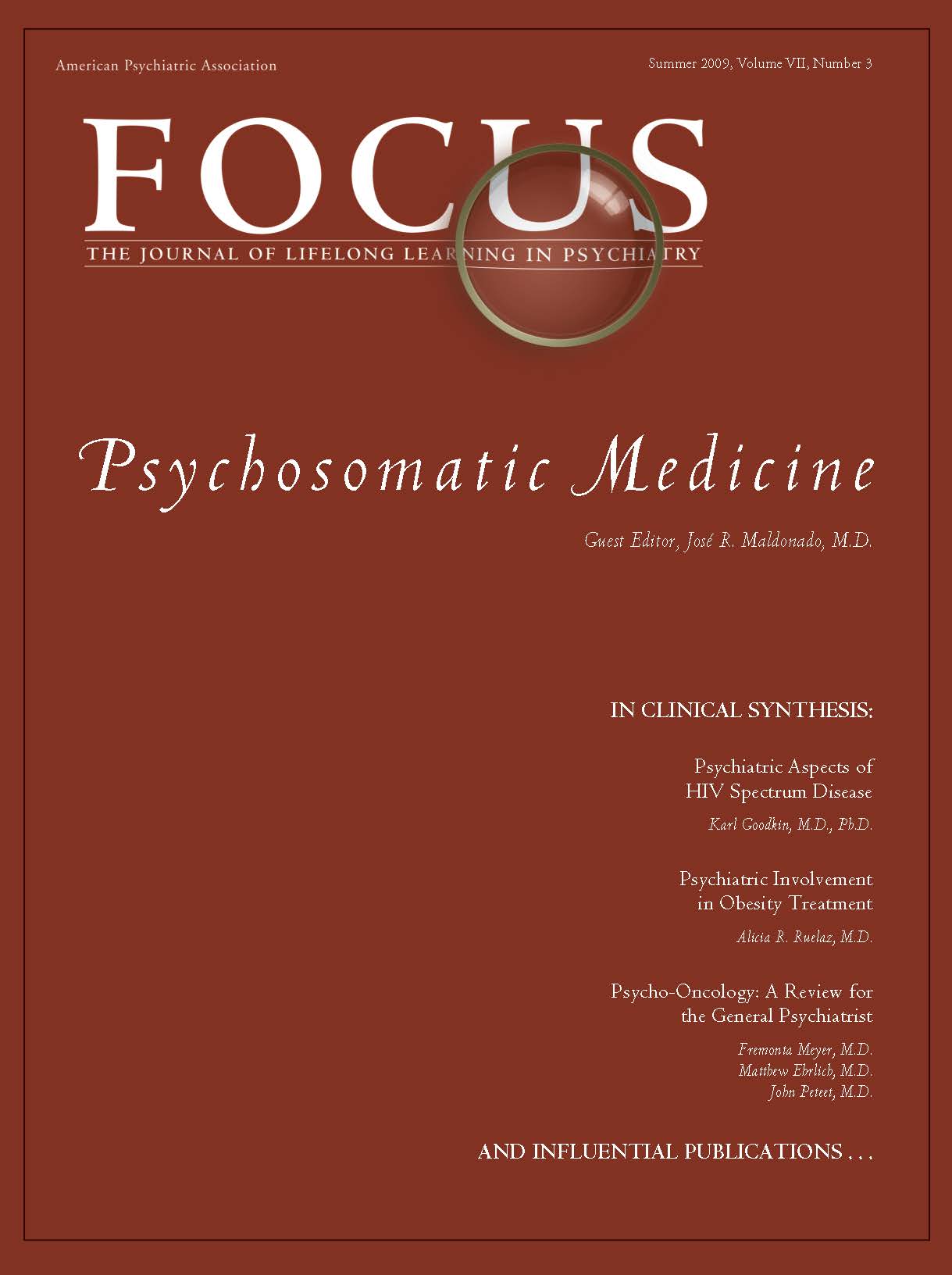Effect of Antidepressant Therapy on Executive Function after Stroke
Abstract
Background:
Executive dysfunction is common after stroke and may impair long-term outcome. Remedies for this condition are limited. Aims: To examine the effect of antidepressants on executive function after stroke. Method: Forty-seven patients who had had a stroke during the prior 6 months received 12 weeks of antidepressant treatment in double-blind placebo-controlled fashion, followed by assessment of executive function at the end of treatment and after 2 years. Results: No significant group effect was found at the end of treatment. However, 21 months after the end of treatment the placebo group showed deterioration of executive function, whereas the active treatment group showed clear and significant improvement independent of depressive symptoms (F =12.1, d.f.= 1.45, P = 0.001). Conclusions: Antidepressant treatment fosters long-term improvement of executive function following stroke. This phenomenon is consistent with a reorganisation of neuronal networks associated with prefrontal functions based on modulation of monoaminergic neurotransmission and the activity of neurotrophins.
(Reprinted with permission from British Journal of Psychiatry 2007; 190: 260–265.)



